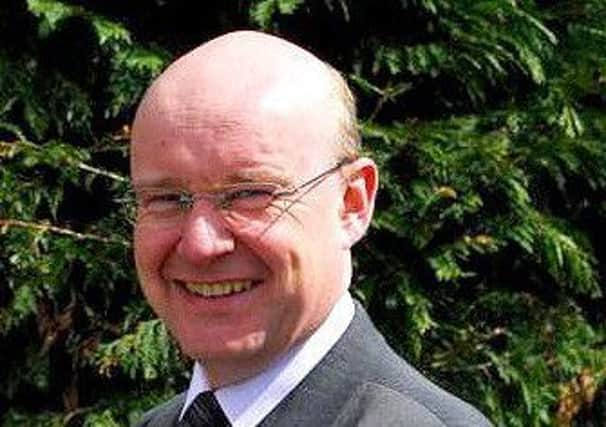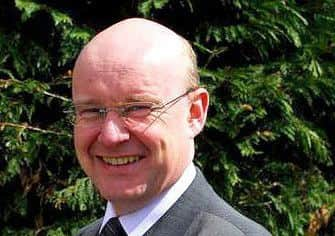Time to tell more people about help at pharmacy


The service aims to divert people who have minor health complaints to their local pharmacy in the first instance, instead of going to their GP or A&E department. The trained staff at the pharmacy will gather a bit of information about the person, their symptoms and medical background to allow the team to provide the best possible advice to manage the condition at hand. If appropriate, the pharmacist may prescribe a medication from an approved list, or arrange for a clinical handover to another healthcare professional such as a GP if they see fit. This model of care has been evaluated and proven to be an accessible and more cost-effective way of dealing with health issues which are less than serious when compared to GPs and A&E. Any treatment provided is covered by the NHS – so why are so few people registered?
The answer comes in two parts. Firstly, eligibility is restricted to certain groups – those who would have received free prescriptions before charges were abolished in 2011 (Over-60’s, children, those with medical exemptions or in receipt of certain benefits). In a country where access to most health services is equitable, the minor ailments service is held back from realising its full potential by barriers put in place over a decade ago.
Advertisement
Hide AdAdvertisement
Hide AdThe second piece of the puzzle lies in the restrictions placed on advertising the service to the general public – only NHS-approved leaflets and posters may be used to do so, and they are far from eye-catching. Not only that, but your chances of coming across these materials are limited – they are displayed in pharmacies and some doctor’s surgeries, but beyond that their reach into the public domain is non-existent. So, we can’t even shout about how good the service is to the limited number of people who could access it. Thankfully, this won’t be the case for long. The Scottish Government have green-lit a pilot project in the Inverclyde region west of Glasgow which is investigating many new ways of working to improve the sustainability of our NHS and wider healthcare system.


Included in this are 19 pharmacies, where the teams are seeing what happens when the service is opened to everyone in the population registered with one of the 16 local GP practices. Plus, there will be local advertising campaigns. Even better, several new conditions can be treated under this “Pharmacy First” scheme, including uncomplicated urinary tract infections in women, impetigo (an infectious skin disease) and COPD (which can give frequent chest infections).
This is a fantastic example of collaborative working – not only have the pharmacy staff been trained to deliver this extension of the minor ailments service, it happened alongside staff from GP practices and other healthcare professions being brought up to speed on developments. Now everyone is clear on what pharmacies can provide consultations for, ensuring patients are directed to the right person with the right skills at the right time, every time.
The benefits to patients don’t end there – if their condition is covered they won’t need an appointment for a pharmacy consultation, and the service is available seven days a week, into the evening from selected outlets. This is expected to take a lot of strain off daytime primary care services and out-of-hours A+E departments.
The pilot began at the end of January and will run for at least a year, with a range of outcomes measured throughout this period. If the model proves a success, we hope resources will be allocated to support national rollout as soon as is possible. When you look at what could be delivered for patients, it’s a no-brainer!
Harry McQuillan is chief executive of Community Pharmacy Scotland.